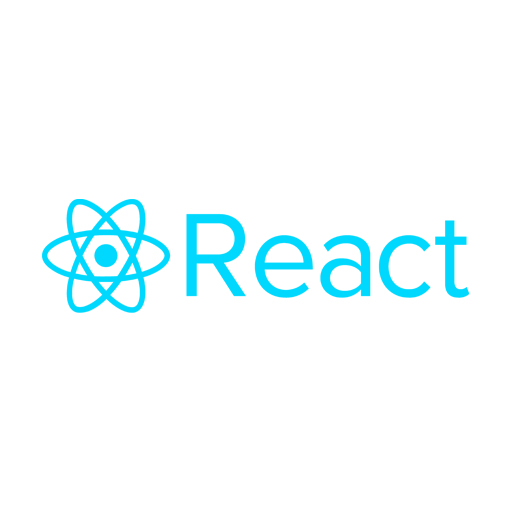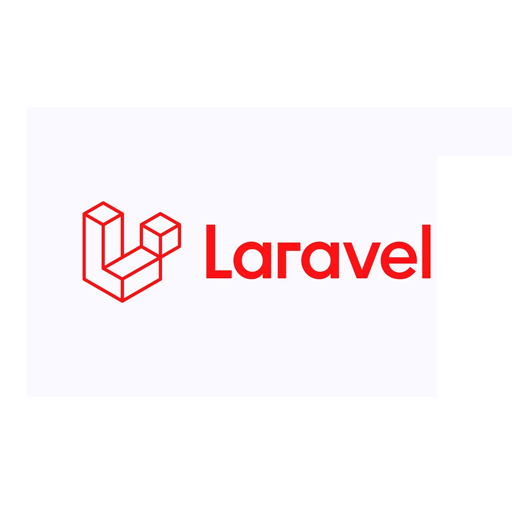
As a leading AngularJS CRM development company in Trichy, Techcmantix helps businesses build fast, secure, and engaging web applications that deliver real results. Our team of skilled AngularJS developers combines technical expertise with creative thinking to craft dynamic CRM systems and web apps tailored to your business goals.
We use the full power of AngularJS — including its MVC architecture, two-way data binding, and modular development — to create responsive, scalable, and user-friendly applications. Whether you need a simple CRM platform or a large enterprise solution, we ensure smooth performance, clean code, and easy maintenance at every stage of development.
At Techcmantix, we focus on delivering web solutions that are efficient, flexible, and future-ready. With our experience and commitment to quality, we help your business stay ahead in the digital world.
Partner with Techcmantix, your reliable AngularJS CRM development company in Trichy, and turn your web app ideas into powerful digital products.


AngularJS CRM Development streamlines code using HTML templates and custom directives, enabling automatic data binding for hassle-free synchronization


AngularJS CRM Development offers a modular, testable architecture for easier development and debugging. Deploy with high performance and scalability using tools like Laravel Vapor or Octane


AngularJS CRM Development provides robust features for creating stunning user interfaces. It also integrates seamlessly with other frameworks like React or Vue for enhanced web development.







AngularJS excels in developing SPAs and real-time enterprise apps—precisely the kinds of responsive, data-rich experiences CRM systems require. It's ideal for creating dynamic dashboards, live data feeds, and interactive CRM interfaces.
Thanks to its two-way data binding, any change in the UI or data model instantly reflects across the CRM interface. This is especially valuable for live notifications, real-time updates, and interactive customer workflows.
Yes—AngularJS follows the MVC (Model-View-Controller) or MVVM paradigms, which cleanly separate data, logic, and presentation. That structure simplifies managing complex CRM modules like contact lists, sales pipelines, and reporting.
Absolutely. AngularJS includes built-in safeguards against vulnerabilities like XSS and CSRF, and supports dependency injection, improving both security and testability—crucial for CRM systems handling sensitive customer data.
It supports reusable components, directives, and plug-and-play modules, reducing redundant code and enabling faster development cycles. This helps CRM features—like forms, dashboards, and workflows—be developed more quickly and consistently.
AngularJS offers robust unit and end-to-end testing built in, making it easy to ensure every CRM component—from contact management to reporting—is reliable before deployment.
As a Google-backed open-source framework, AngularJS benefits from a large community, extensive documentation, and plentiful plugins—especially helpful when customizing CRM features or troubleshooting specific use cases.
AngularJS allows rapid prototyping and leverages modular, reusable components—reducing both development time and long-term maintenance costs. Additionally, avoiding full migrations (when upgrading isn’t ideal) can save significant expenses.
Definitely. AngularJS is flexible and scalable—developers can modularize CRM features like contacts, analytics, or support modules, and grow functionality as business needs evolve.
Yes—AngularJS (version 1.x) is no longer actively maintained by Google since early 2022, which means no new security updates or official patches. If you're starting a brand-new CRM project, it might be worth evaluating newer frameworks, unless you’re maintaining or enhancing an existing AngularJS system.